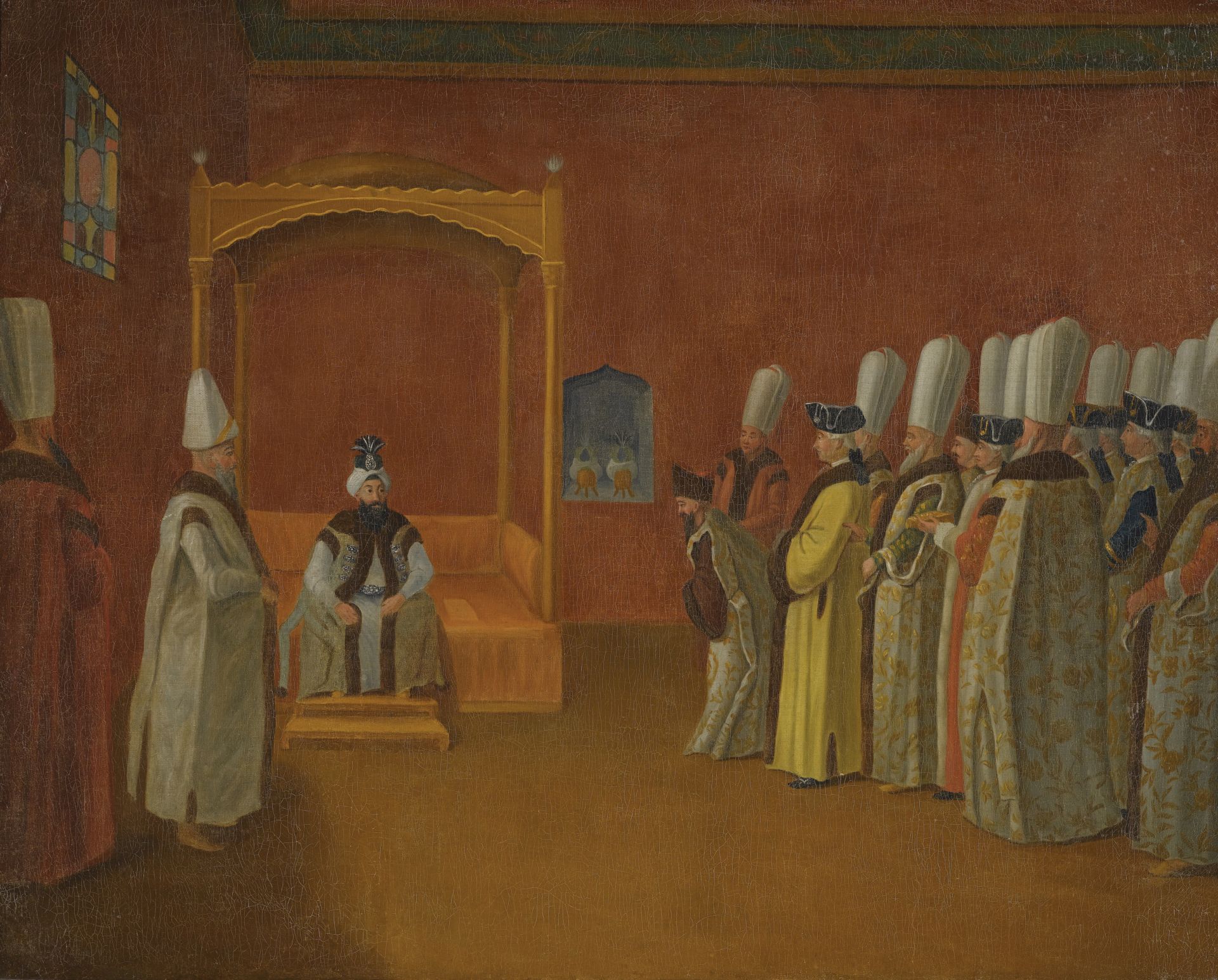The Ottoman sultans reigned for more than 600 years. In that time, they conquered almost all of what we consider to be the Middle East today, as well as North Africa, parts of East Africa and Southeastern Europe. But over the course of the 19th century, their power waned, and the beleaguered empire finally collapsed after a bitter defeat in World War I. Their fall created the Middle East as we know it today: It opened the region to European colonialism, invigorated nationalism and ended the spiritual leadership of the caliphate.
But one cannot understand why the empire’s fall was so consequential — why an Ottomanless Middle East was such a big deal — without understanding how the Ottomans made their mark in the first place. Professor Marc David Baer is a historian at the London School of Economics and the author of “The Ottomans: Khans, Caesars, and Caliphs.” For this third installment of our series on the empire’s fall, he joins New Lines’s Faisal Al Yafai to explore the Ottoman world that was lost, for better or for worse, 100 years ago.
It was a world of unparalleled diversity, with countless peoples and faiths integrated into one Ottoman society. Today, most people imagine the empire as a Turkish empire, but it was just as much a Greek empire, a Bulgarian empire and an Albanian empire. Anybody could become an Ottoman — “what mattered was loyalty,” explains Baer. Their ability to incorporate disparate members of conquered peoples into their ruling class was a key part of the Ottoman recipe for success. But, Baer emphasizes, “this isn’t modern equality. Tolerance is a power relation.”
For the Ottomans, tolerance was part of the enforced social contract holding the empire in line. It could, of course, be withdrawn at any time. “This was a society based on very sharp hierarchies.”
At the top of those hierarchies, of course, was the sultan. The dynasty that gave the empire its name ruled uninterrupted from its rise until its fall. Beginning as feuding Anatolian warlords, the Ottoman sultans would become some of the most august and prestigious rulers in the world. As caliphs, they were recognized as Islam’s spiritual leaders as far away as Indonesia and China. And as the conquerors of Constantinople, they considered themselves to be the rightful inheritors of the Roman Empire.
By the time of their fall, the Ottomans’ world was already receding, beset by the forces of nationalism and ethnic strife that would ultimately finish them off. “I’m not going to be nostalgic for empire,” says Baer. “I’m not going to wish the Ottomans back.” But while the Ottomans are long gone, their memory remains politically powerful. “People only want to remember aspects of the past that help them in their nationalist claims today,” Baer says.
Produced by Joshua Martin


